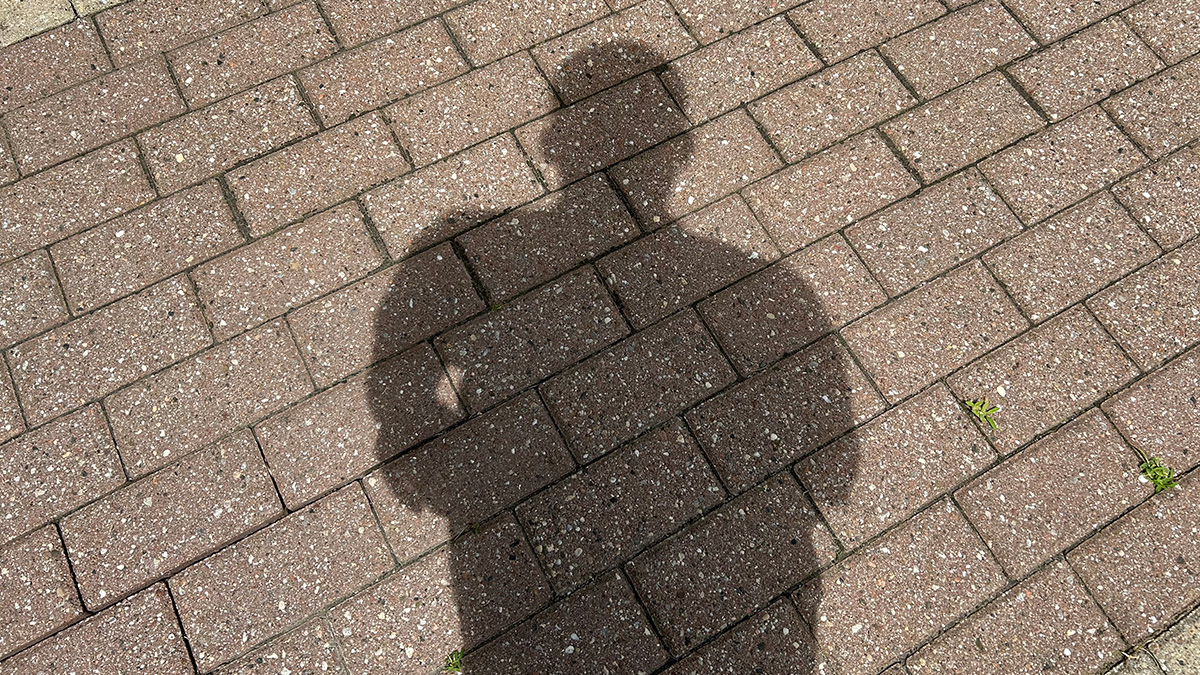In one of our calls, Dr. Kelli Palfy told me about a personal and professional frustration she has endured for years. Once people find out that she helps sexually abused men, they change the conversation, or avoid the details.
Palfy is an Edmonton-based therapist works with male survivors. She retired from the RCMP, as an officer who specialized in sex crimes committed against children, to obtain her PhD in Counseling Psychology from the University of Alberta. She has studied the impact of sexual assault on the men she works with for years.
Palfy has tried to spread awareness about the incidence of male sexual abuse, urging Canadian society to take it seriously because she knows it can and does happen to anyone, anytime. Children are especially vulnerable.
“The majority of survivors have been sexually assaulted during their childhood,” she says.
In her book Men Too: Unspoken Truths About Male Sexual Abuse, Palfy examined 13 specific cases. All were first abused as children, the youngest was two years old. Twelve were abused more than once, by more than one person.
When I asked why this is allowed to happen, she said she believes our society has reached a point where people avoid the topic. If they are informed they tend to ignore the truth. People also see statistics and data as only numbers not human tragedy.
This create a silence which to my way of thinking further enables sexual abuse.
“This is not an exaggeration,” Palfy said, emphasizing it is someone’s life, dignity, identity, and health. She calls it “a hidden epidemic.”
I worked on a feature about male sexual assault, published on CapitalCurrent.ca last week. It took six months to gather up the facts and write a 1,500-word piece.
But that is what it takes for survivors to open up, and to explore how prevalent these assaults are. As much as I was moved and horrified by the stories of Tom and David, I have been astounded by the numbers.
Many, many women have experienced such an attack, but what is less well known is the number of men and boys who have been assaulted as well.
According to the government of Ontario, one in eight Canadian men experience some form of sexual violence. That number was a starting point for me.
Considering that only six per cent of victims report their experience, and reflecting on information and data therapists, sexual assault support organizations, and advocacy groups have, experts said one in eight males underrepresents the reality. They estimate the real rate is one in four nationwide.
Yes, you read that right: ONE in FOUR MALES in Canada.
These are not just numbers. These men have have endured intense and vicious experiences. Underestimating or undermining is a form of enabling, said Palfy.
“I am tired of discussing the statistics. Studies have been there for decades,” said Nathan LaChine, a board member with the organization MaleSurvivor, a nonprofit international organization founded in 1995 by and for survivors. “I want to focus on the survivors, and how to help them find new destinations and heal.”
LaChine believes we live in a toxic culture that enables sexual abuse. I have thought a lot about Lachine’s view, asking myself whether it is an unfair harsh accusation or a factual observation.
I want to believe otherwise, but the facts are the facts.
A 2020 study conducted by the Association of Alberta Sexual Assault Services (AASAS) suggests that one in three Albertan males have experienced a sexual assault at least once in their life. The study also found about a quarter of boys under 18 in Alberta have been sexually abused at least once in their lifetime.
But it is not about numbers. It is what the data reveals.
I have pondered the eruption of collective outrage when the sexual abuse stories connected to public figures in the military, the church and the entertainment industry, even a an author as well known as Alice Munro. Why is it not the same for David and Tom?
In his reflection on the Munro Family revelations, author and physician Gabor Maté said the reaction of society for sexual abuse cases comes as a surprise “because we still live in a culture of trauma denial.”
After reading Maté’s, I thought of a question posed to me by David: “What would anyone call the willful blindness of society?”
“I am tired of carrying it all of these years,” 38 year old Tom told me of the legacy of his assault.
We can’t continue to live in a culture of trauma denial, as Maté has described, because to do so enables the abusers and keeps such sexual assaults an inextricable part of our so-called caring culture.




